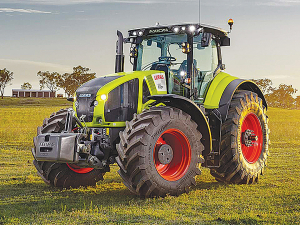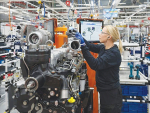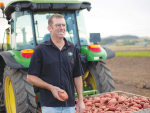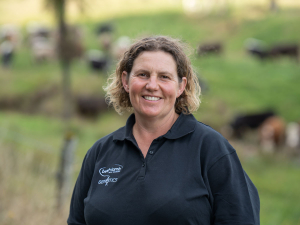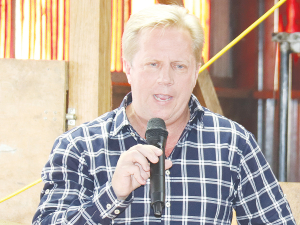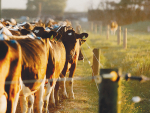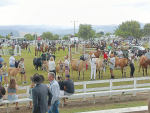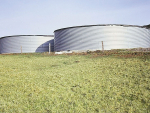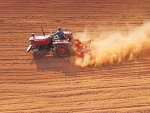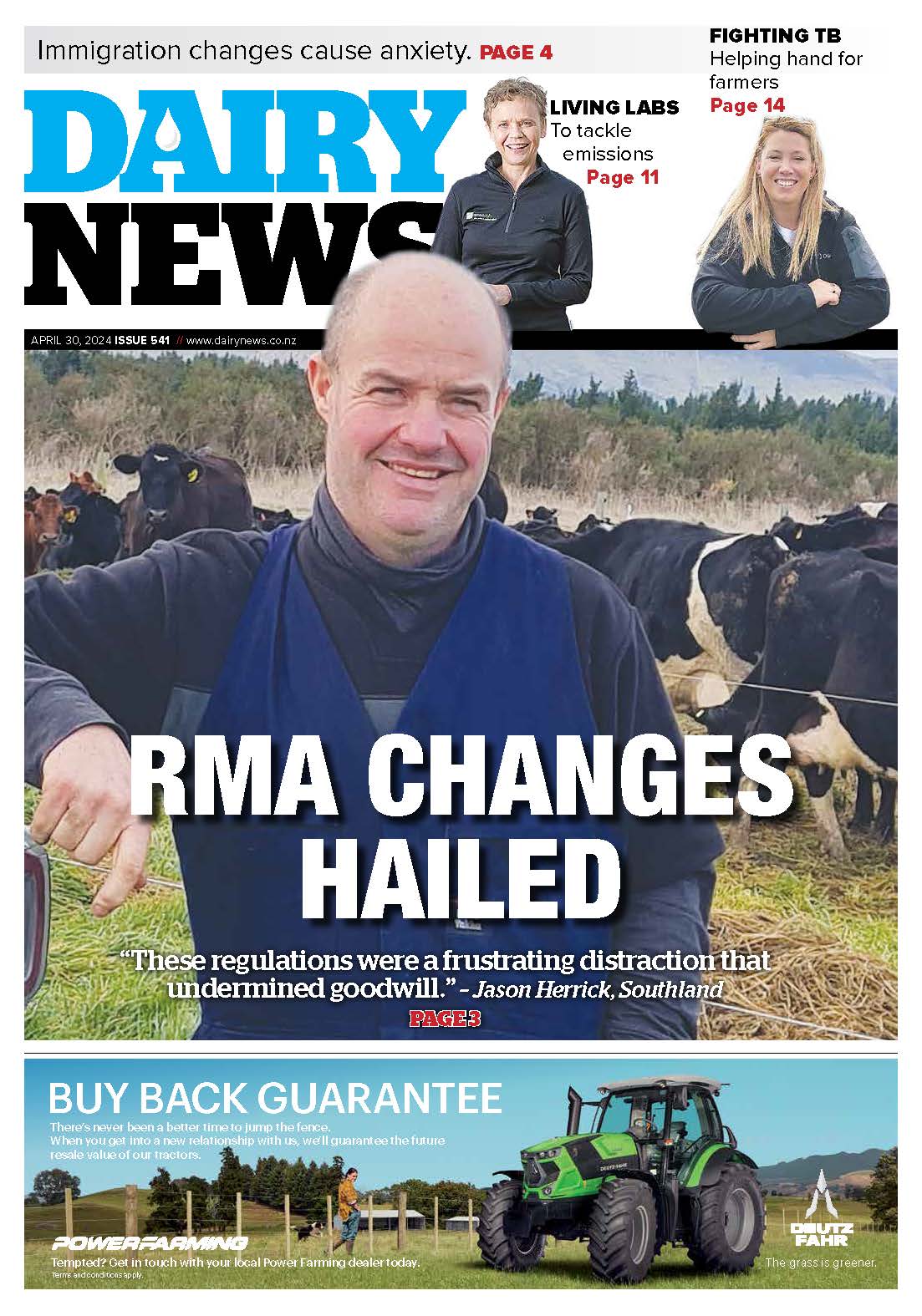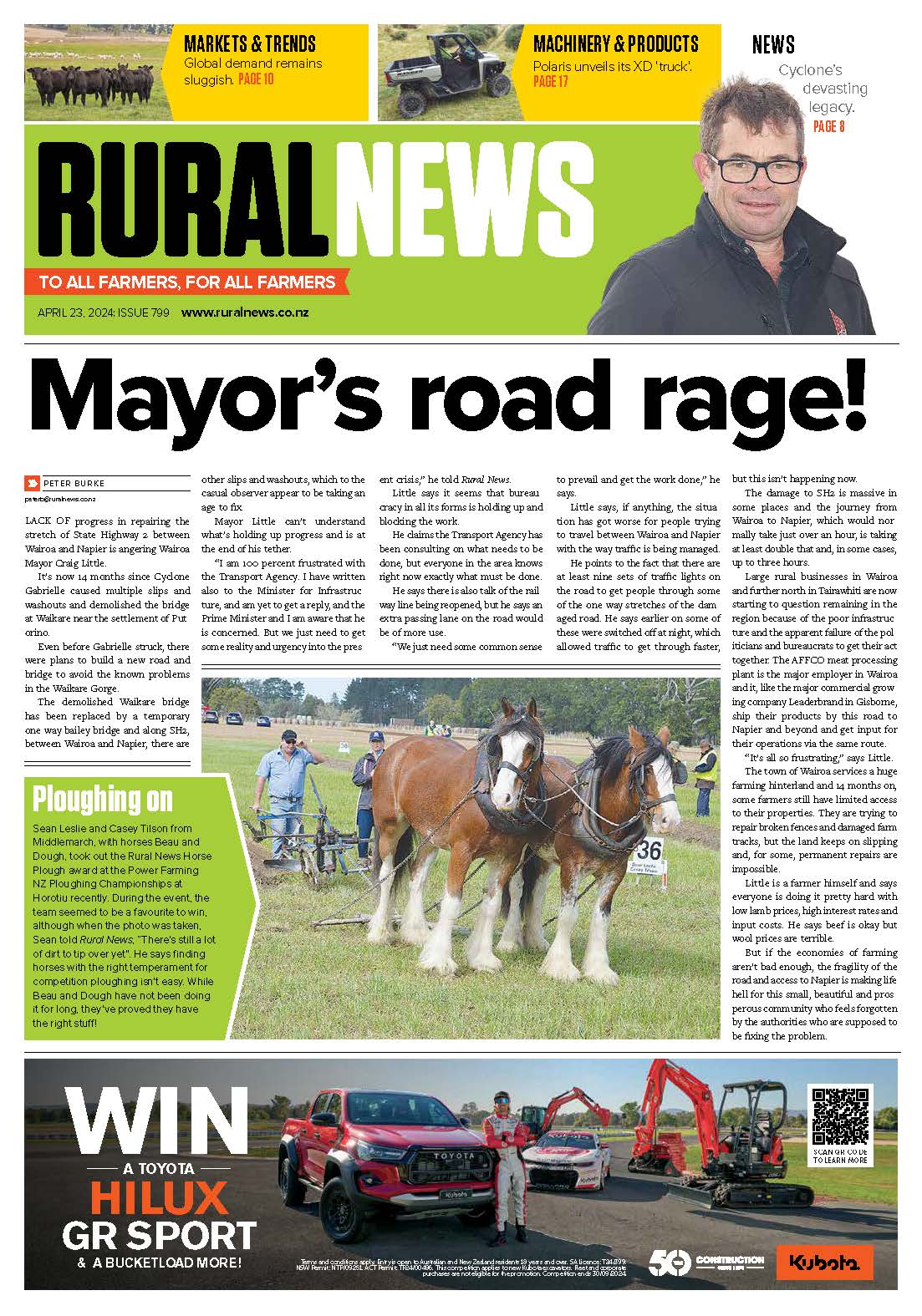Up until the new millennium, Claas had a been a harvest specialist, best known for its combines, self-propelled forage harvesters and an extensive range of mowers, tedders, rakes and both round and square balers.
In contrast, Renault had been the market leader in France during the 1980s with a near 20% share, but by the 1990s its share was declining to the point where it reached out to establish joint ventures with the likes of John Deere, Massey Ferguson and JCB.
In February 2003, the German head-quartered company signalled its aspirations of being a “long-liner” when it acquired a 51% stake in Renault Agriculture, the tractor division of the Renault Group, on the eve of the Paris SIMA Show.
At that time, the latest models were the Renault Ares range, introduced at SIMA in 1997, that started to appear in Claas’ seedgreen livery within a few months and by the end of the year the traditional Renault orange colour scheme colours was phased out.
With the product range now complete, Claas was able to display a “full line-up of products” at Agritechnica 2003 that included tractors, the Lexion 500 series combines, the Cougar selfpropelled mower and the latest generation Xerion.
Having acquired the majority stake, a complete acquisition of the Le Mans factory was completed in 2008, so Class moved from being a harvesting equipment specialist to full-line provider, along the way adding standard and specialist tractors to its range to complement the flagship Xerion systems tractor built in Harsewinkel.
Fast forward to 2013, the company produced the Axion 950, which in 2017 morphed into the Axion 900 Series Terra Trac Variants, the same year that a €40m factory revamp was completed to take production to over 13,000 units per annum.
By 2019, the 150,000th Claas tractor left the production line at Le Mans, with 2023 tipped to be the year that that total will hit 200,000 units.
Today, the facilities staff of around 1000 employees and operate state-of-the-art assembly lines, which produce more than 60 different models from 75 to 445 hp, sold to more than 80 countries, from simple tractors for with less stringent emissions standards for markets such as Turkmenistan or Africa. By contrast, tractors meeting the latest emission standards, such as the highvolume Arion 400 series, are sold throughout the European and the rest of the globe.
Le Mans is now a far cry from the glory days of Renault, which had been nationalised in a political move by Charles de Gaulle in 1944, to become a world-beating production facility owned by a German family business. Interestingly, the Renault Group still produces chassis components in the 103-year old factory for cars and light commercials, so not all ties with the past have been lost.





